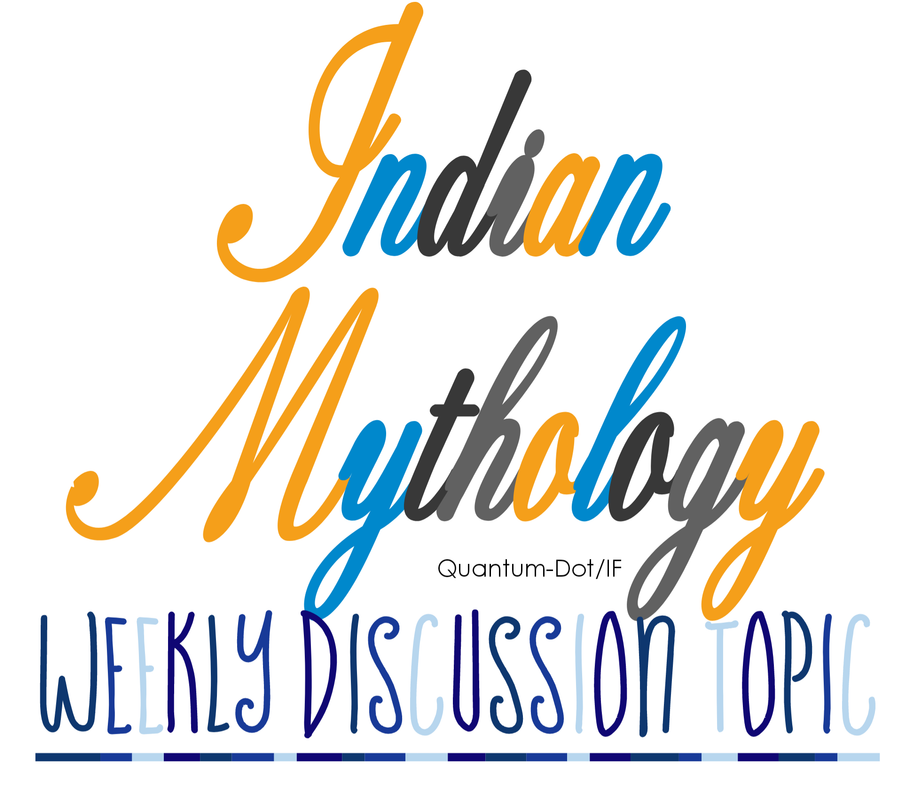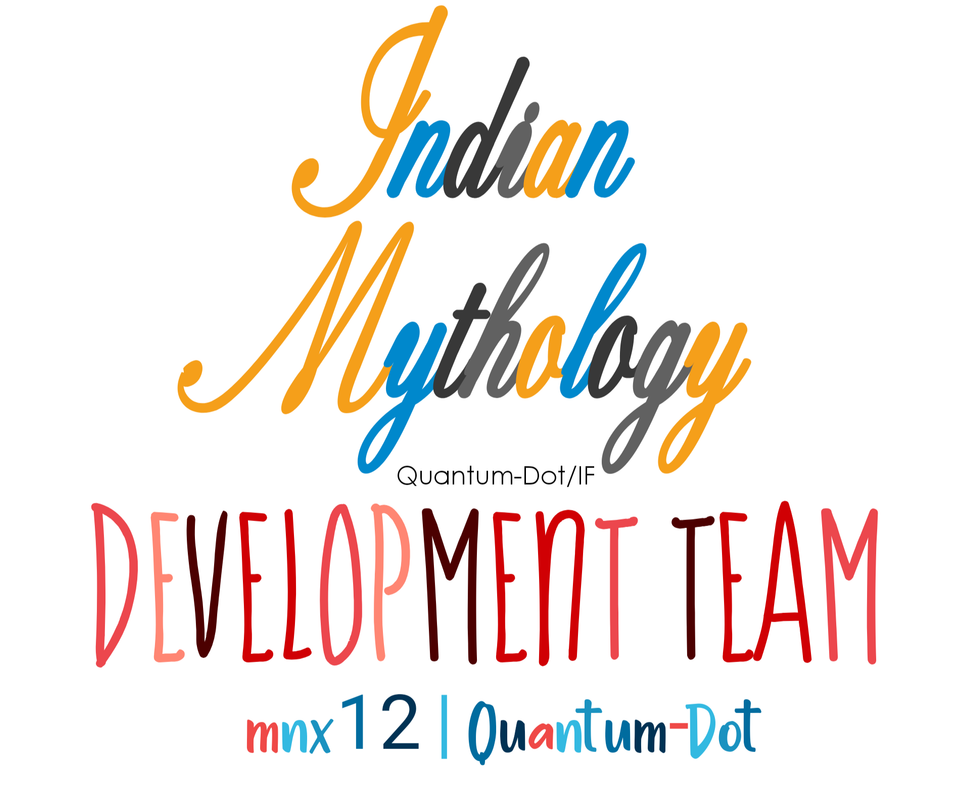Personally, this story (MB version) is a cautionary tale against verbal-only contracts. You should always get things in writing/have neutral witnesses.
The way Dushyanta mansplains, manipulates and basically coerces Shakuntala into being intimate with him is terrifying to read. A testament to how women need to be so overly cautious even now while negotiating any deal.
The first thing Dushyanta does (after finding Shakuntala alone, and gauging exactly how long her father will be gone), is that he confirms her caste status. Laughable, considering the glass house he has in his skeleton closet (this part is not his fault, but is sure ironic how he uses the same logic to evaluate the worth of Shakuntala, which can be use to disqualify him completely).
The moment that he is assured of her 'good breeding', Dushyanta starts cornering her. While his tone is sweet, and polite, it's clear that he intends to fully exploit the fact and he's King and Shakuntala is just a law-fearing subject (a young and naive one at that).
Shakuntala however isn't completely clueless. Once it is clear that Dushyanta is in no mood to wait for her father to return (rather he wishes to finish the 'deed' as soon as possible and then run), Shakuntala exacts a promise that Dushyanta will make their future offspring the yuvaraja.
Solid plan. Only one problem, Shakuntala didn't think Dushyanta would be so brazen as to completely deny the whole encounter.
So, when she presents herself and her Sarvadamana in Allahabad, Dushyanta's words hit her like a metaphorical kick in the teeth.
Dushyanta, among other grossly misogynistic comments, calls into question the character- both Shakuntala's and her mother's. He penalizes her for her father's dodgy track record, combined with her mother's perceived lack of morals, by invoking their names and stories to discredit both her honor and honesty.
It is then, that Shakuntala becomes a (n unnecessarily) strong heroine, standing up for both herself and her mother, all the while defending her son's right to his father's throne. In doing so, dishing it right back to Dushyanta, she brings up the disparity in their births (it's nice to see Shakuntala being proud of her mum...even though it is a can of worms). She asserts that Dushyanta would not be doing her son a favour if he accepts him now and here, because her son is perfectly capable of taking, in due time, what is owed to him.
Just as she is about to leave, there is this shloka. In Dr. N P Bhaduri's research he mentions that this shloka is old and unchanged in multiple scriptures. In fact, it might be pre-Vedic.
Bharasva Putram Dushyanta |
Mavasangstha Shakuntalam ||
Tanchasya Dhata Garbhasya |
Satyamaha Shakuntala ||
In essence, in breaking the metaphor, I assume Dushyanta's ministers remind him of the social clout of Kanva (and that he so callously dragged one of the most powerful rajarshis' name through the mud), and by extension the damage Shakuntala can really do with (both of) her father's help in a Brahman-dominated society, and hence they advise him to give up the ruse and accept both mother and son.
In fact, that is where Bharata gets his name (the bold portion of the shlokas)....Bhara (Bharasva) + Ta (Dushyanta).
After the fact obviously Dushyanta gives a very Rama-like excuse...wanted to test her piety, gods' approvals blah blah. As a headcanon, I like to believe that Shakuntala never really forgave him (because that sets a terrible precedent), and neither did Bharata.
As a moral, I would repeat, have written contracts, pre-nups+post-nups, read all the pages, call witnesses and make sure you're actually legally married. Basically, know your rights or you may end up fighting your own case in a biased court sans lawyer.
Edited by wayward - 3 months ago





























comment:
p_commentcount